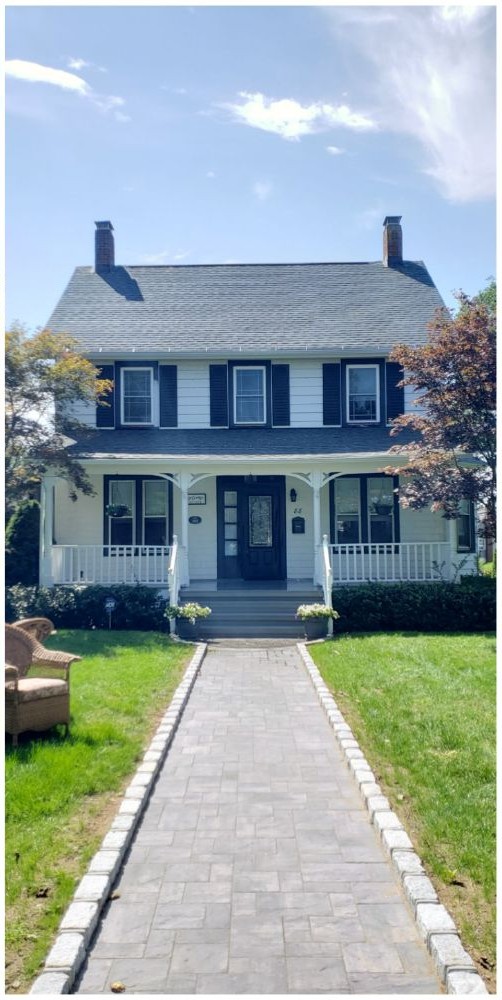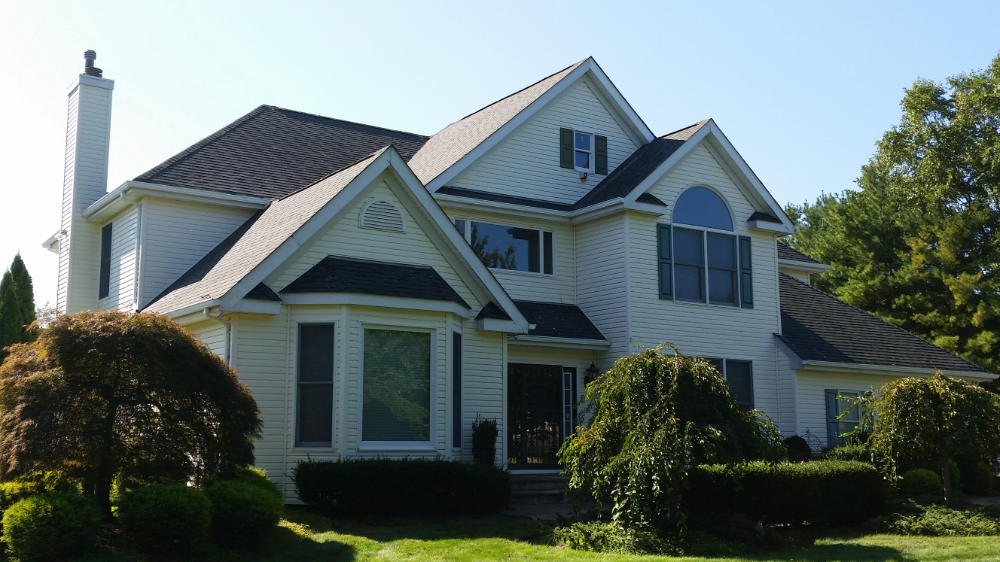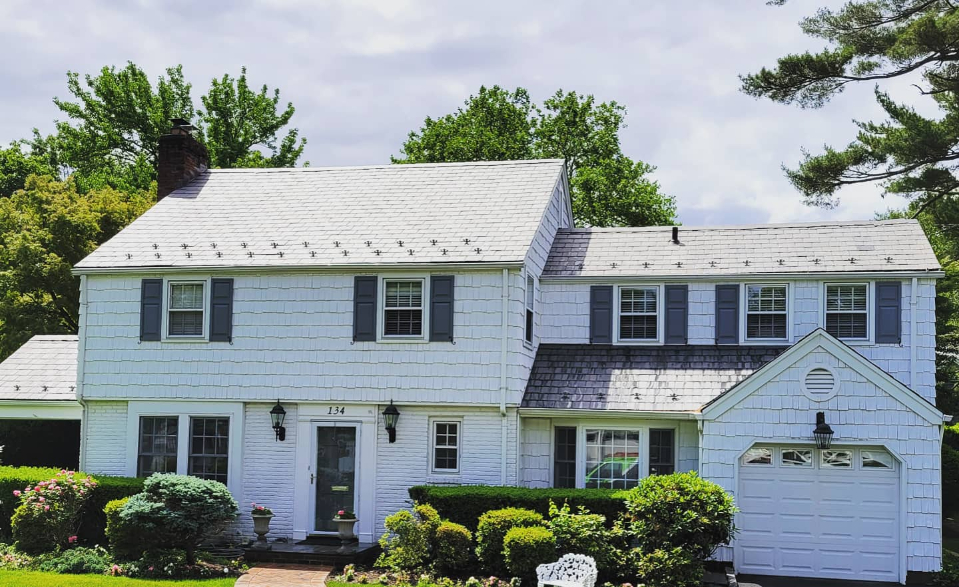Driveway Cleaning 101 in Manhasset, NY: Oil, Rust, and Tire Marks (What Actually Works)
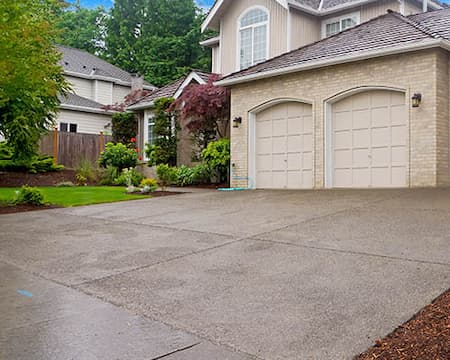
If your driveway in Manhasset looks tired after a long winter, summer traffic, or a messy project, you are not alone. Local weather, road salt, and heavy commuter use add up fast. Here is what actually works when professionals clean oil, rust, and tire marks so your surface looks even from curb to garage. If you want results without risk to your concrete or pavers, schedule expert driveway washing with a team that does this every day.
Why Driveways In Manhasset Stain So Fast
Nassau County driveways fight a unique mix of conditions. Freeze and thaw cycles open tiny pores in concrete. Spring and fall bring tree pollen and tannins from oaks and maples. Summer heat softens tire compounds. Lawn irrigation and fertilizers can leave orange streaks. Combine that with drips from parked cars on Shelter Rock Road runs, and stains set in quickly.
- Oil and fluids: engine oil, transmission fluid, and power steering leaks soak into concrete pores.
- Rust: high-iron irrigation water and fertilizer granules can leave orange-brown spotting and streaks. Learn how rust forms in this short read on what oxidation looks like.
- Tire marks: hot tires and tight turns leave dark curves on concrete and pavers, especially on recently sealed surfaces.
How Pros Tackle Oil Stains On Concrete And Pavers
Oil stains are stubborn because petroleum products bond inside the surface matrix. A pro starts by identifying the surface type, age of the spill, and whether the driveway is sealed. From there, the workflow focuses on controlled chemistry, heat, and even removal across the entire panel so the finish looks uniform rather than blotchy.
On concrete, technicians use commercial emulsifiers that break the bond between oil and the substrate. Hot water helps, but the temperature is balanced with the right pressure so the cream layer of the concrete is not etched. A surface cleaner creates overlap passes for a consistent finish that blends older and newer panels. On pavers, pressure and chemistry are adjusted to protect color treatments and joint sand, and rinsing patterns are tighter to prevent tracking residue across the field.
Never blast a concentrated oil spot at close range. That can scar the surface and push contamination deeper. Pros manage distance, nozzle size, dwell time, and recovery so the stain lifts evenly and the water runoff stays under control.
Rust Stains And Irrigation Orange Streaks
Rust is different from oil. It is a mineral problem, not a grease problem. On Long Island, orange streaks often come from sprinkler overspray or metal furniture legs left on damp concrete. Because rust is acidic by nature, pros use acid-based cleaners at controlled strengths to dissolve the stain without burning the concrete paste or bleaching pavers. Pre-wetting, short dwell times, and targeted application keep the area safe for nearby lawn and plantings.
Where fertilizer granules leave speckles, spot treatment and controlled rinsing prevent halos. If staining repeats near a sprinkler, technicians may suggest redirecting a head or adjusting timing so water does not sit on the slab. For deeper questions about the chemistry, see this quick primer on oxidation and staining.
Do not mix rust removers with other cleaners. Mixing acids and bleach can create dangerous reactions. Professionals sequence products safely and neutralize as needed before final rinsing.
Tire Marks, Plasticizers, And Fresh Sealer Scuffs
Those crescent-shaped arcs near the garage? They come from plasticizers migrating out of hot tires and transferring to a cooler surface. On a summer afternoon in Strathmore or Plandome, a driveway can be just right for marks to set. If the slab or pavers were recently sealed, premature traffic can scuff the finish or trap tracks in the film.
Pros remove tire marks with specialty surfactants that release rubber residue without softening the surface. On sealed pavers, the approach depends on sealer age and type. Sometimes a gentle deep clean is enough. In other cases a controlled reactivation and reset of the sealer gives the most even result. Because pressure is not the only tool in the kit, it helps to understand where high pressure belongs and where a softer approach is safer. If you are curious about method differences, this article on soft wash vs pressure wash explains why pros choose one process over another on different materials.
Avoid tight, stationary steering on a hot driveway. Even after professional cleaning, sharp turns while parked can reprint fresh marks on warm days.
Concrete Versus Pavers: How The Method Changes
Concrete and pavers look similar from the street, but they respond differently under the wand. Here is how a professional plan shifts to match the surface.
- Concrete: uniform slab needs even heat, chemistry, and pressure so the cream layer is not etched. Finished with blended passes to prevent swirl marks.
- Pavers: protect color and joints, control rinse direction, and adjust to sealers or polymeric sand. Spot treat stains first, then balance the field for an even tone.
Sealed surfaces require testing in a small area first. That quick check helps avoid gloss changes, whitening, or tracking.
Timing Matters On Long Island
Seasonality changes both how stains form and how they come clean. Late winter and early spring bring salt residue and gray film that sits deep in pores. Early summer heat brings more tire scuffs. Leaf drop in October can shadow lighter slabs with tannin prints, especially under overhanging trees in Munsey Park. Professional scheduling considers temperature, humidity, shade patterns, and the time a slab needs to dry between steps so the finish cures clean.
If you plan to list a home in the spring market, book cleaning ahead of photos. If you want a mid-summer refresh before guests arrive, aim for cooler morning appointments so the driveway is dry and usable by evening. When you are ready to make it happen, choose local driveway washing that fits the Manhasset climate.
What To Expect From A Professional Driveway Washing Visit
Good companies keep it simple. First comes a walk-through to confirm surface type, sealer history, and stain mapping. Next is a staged clean: pre-treat, controlled agitation, measured rinsing, and a final blend pass so the whole driveway looks uniform. If a stain needs a second application, the tech will pace the work to avoid overworking one spot. Before leaving, they confirm proper drainage and leave you with drying expectations based on the day’s conditions.
To see why homeowners choose Slate Roof Cleaners, start with our experience in roof care and exterior cleaning and then look at how that precision translates to flatwork. It is the same focus on chemistry, temperature, and technique, just applied to your driveway. For an overview of our services and results, visit our home page and learn more about driveway and roof cleaning in Manhasset, NY.
Neighborhood Examples You Might Recognize
In Plandome Heights, we often see curved tire scuffs on newly sealed paver drives that get full afternoon sun. In Strathmore, sprinkler rust near mailbox posts and along sidewalks is common. Closer to Northern Boulevard, oil drips at the apron where cars idle can shadow the edge even on newer concrete. Each case needs a slightly different plan, but the goal is the same: restore even color and texture without leaving bright “clean spots” that draw the eye.
Why Choose Slate Roof Cleaners For Your Driveway
We are a local roof cleaning and exterior washing specialist that treats driveways with the same care we give slate, shingles, and siding. That means trained techs, pro-grade equipment, and a process built for the conditions we get on the North Shore. You get a driveway that looks new without streaks, patchiness, or unnecessary wear. If you want a one-time refresh or seasonal maintenance, we can schedule service around your calendar and neighborhood parking rules.
Have questions about oil, rust, or tire marks on your property in Manhasset, Roslyn, or Port Washington? Call 631-433-2703 to talk with a knowledgeable coordinator at Slate Roof Cleaners and get your driveway on the schedule.
Ready For A Fresher Driveway?
Your driveway sets the tone for your whole property. When you want a clean, even finish that lasts, book with a team that knows local surfaces and seasons. Reach out to Slate Roof Cleaners to schedule driveway washing today and enjoy a brighter, safer approach to your Manhasset home.
Recent work
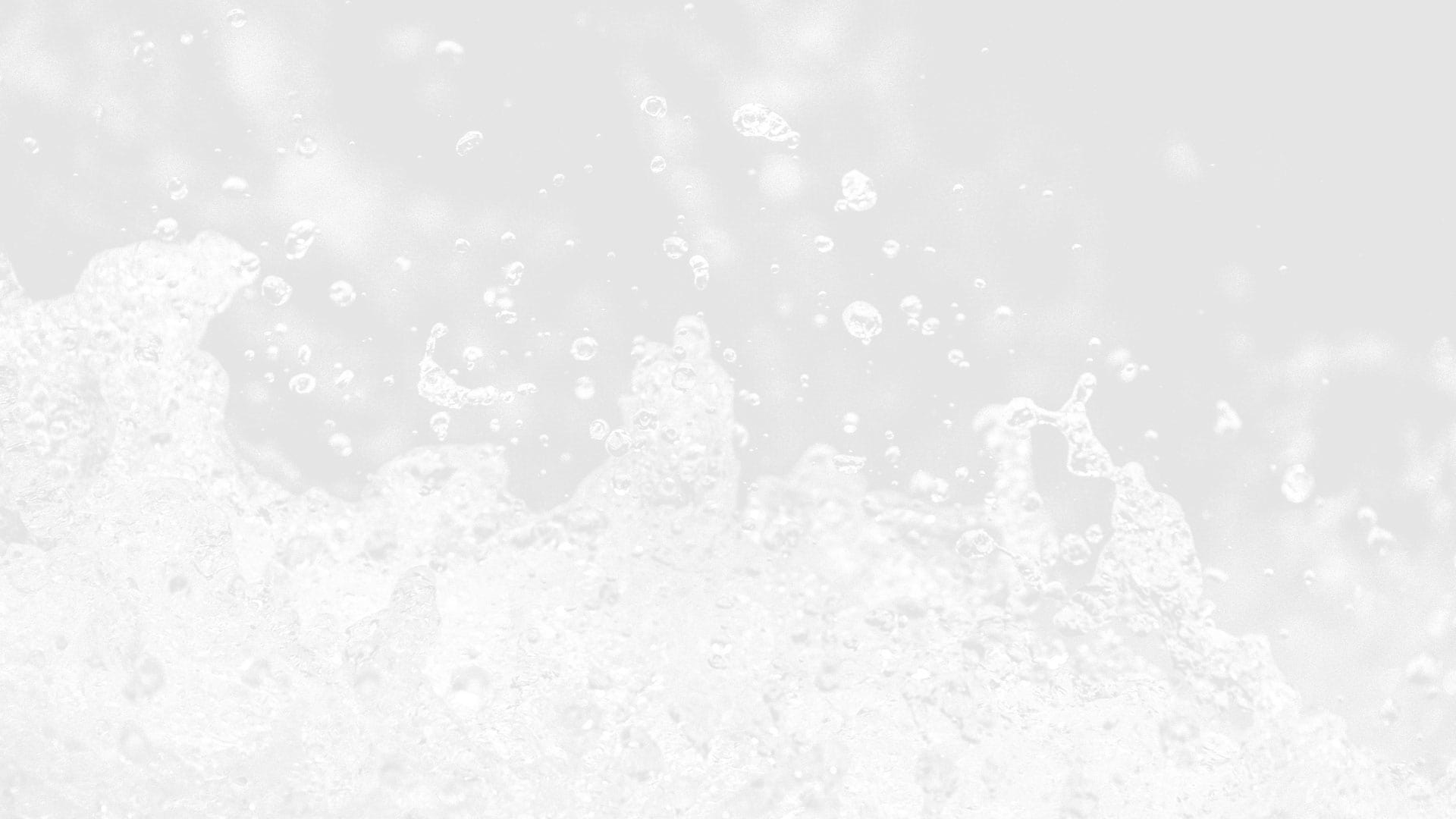
Tips & tricks
-
Slate Roof Cleaning Mistakes to Avoid on Historic Long Island Homes
Historic homes across Long Island and the North Shore deserve careful slate roof cleaning, and cutting corners can lead to cracked tiles, leaks, and stained metalwork. If you own a classic property in Manhasset, NY, or nearby, understanding the biggest mistakes will help you decide when […]
-
Paver Cleaning Mistakes Homeowners Make (and How to Avoid Them)
If you own a patio, pool deck, or driveway with pavers, you already know how fast Long Island weather can dull the look. The truth is that paver cleaning in Manhasset, NY comes with local challenges like freeze–thaw cycles, salt from winter roads, and heavy shade […]
